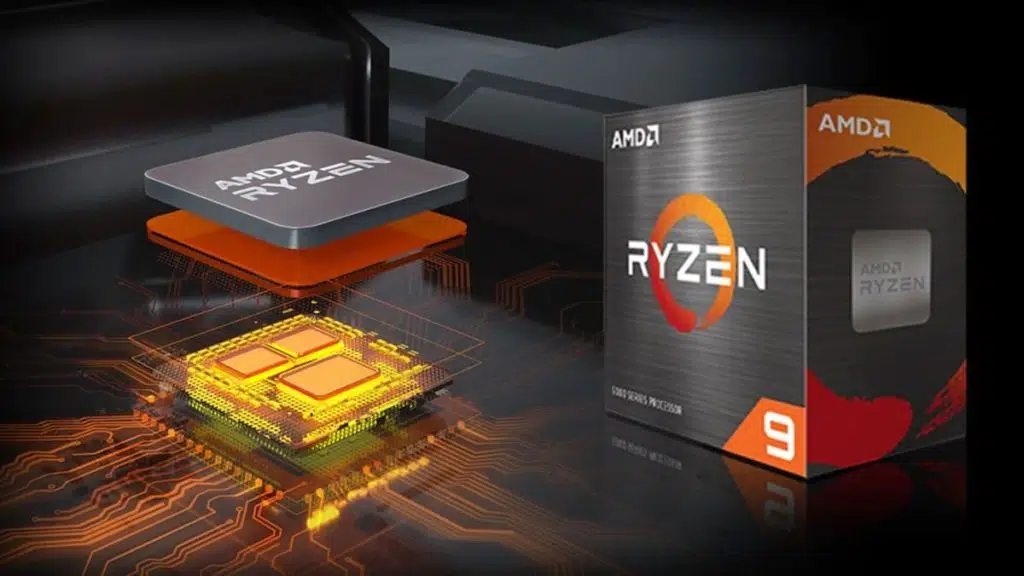
It’s no surprise that AMD’s new Zen 4-based processors are poised to blow its current-generation counterparts out of the water, but Moore’s Law Is Dead has shared a new video with alleged details regarding the chips that may provide insight on how powerful they might really turn out to be. Among the details shared relate to Zen 4’s IPC improvements; MILD claims that users can expect significant uplifts of as high as 24%. That exciting figure leads to single-threaded performance estimates, which are similarly compelling with claims of increases anywhere between 28 to 37%. The video includes a road map that suggests Ryzen 7000 Series “Raphael” desktop processors will release in 2H 2022, followed by “Dragon Range” and “Phoenix” mobile parts next year in the first quarter, with the Threadripper 7000 Series coming in 1H 2023.
AMD Zen 4 improvements:
- 15–24% IPC increase (over Zen 3)
- 8–14% clock increase (over Zen 3)
- 28–37% ST performance increase (over Zen 3)
- ST-like or higher MT performance increase (over Zen 3)
- 1 MB L2/4 MB L3 per core (vs. 512 KB / 4 MB L3 per Zen 3 Core)
- PCIe 5.0 support (increased lanes)
- DDR5/LPDDR5 memory support (DDR5-5200+)
AMD Zen 4 road map:
- EPYC “Genoa” 7004 (~Q4 2022): A0 silicon taped-out in March, B0 testing is ongoing
- Ryzen 7000 “Raphael” (~2H 2022): Samples already running, production soon
- Ryzen 7000 “Dragon Range” (~Q1 2023): Sampling expected this year
- Ryzen 7000 “Phoenix” (~Q1 2023): Behind Genoa in testing
- Threadripper 7000 “Storm Peak” (~1H 2023): Planned
The AMD Zen 4 core architecture is the direct replacement for the existing Zen 3 which powers all of the current server, desktop, and mobile segments. It is said that Zen 4 will mostly be an overhaul of the Zen 3 core with bumped-up cache and higher clocks. Zen 4 is expected to bring an IPC uplift between 15-24%, a single-threaded performance increase between 28-37%, and a similar or higher multi-threaded performance increase over the Zen 3 cores. One major aspect of the Zen 4 core is going to be its much higher clock speeds. Prototypes and samples have already appeared with up to 5.2 GHz clock speeds so that will play a major role in the overall performance improvement over Zen 3. The clock speeds are expected to get an 8-14% boost (sustained) over Zen 3 which is what we are also seeing in the recent leaks.
Source: Moore’s Law Is Dead (via Wccftech)
